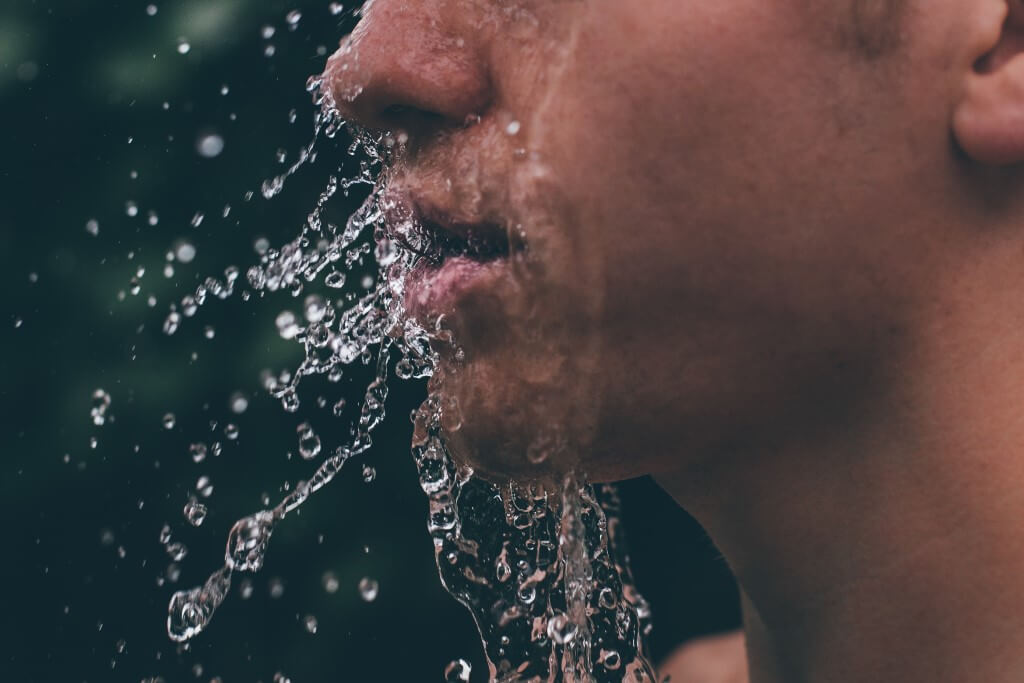Drinking enough water is critical to your overall health, which includes
your oral health. We’re all instructed to drink eight glasses of water a day, or more if we’re feeling
particularly thirsty. However, what effect does water have on your teeth specifically? Even more interesting is
the sheer number of varieties of water. Today, we’ll be discussing hard water.
An Explanation of Hard Water
Due to the fact that the water in your pipes originates from the ground,
dissolved minerals like magnesium and calcium are present in the water. A professional water test is necessary
to determine the true hardness of your water because it differs from region to region.
The term “hard water” refers to water that has a high concentration of
calcium and magnesium salts in the form of bicarbonates, chlorides, and sulfates. The ferric form of iron, when
present, shows as a reddish-brown stain on washed textiles and enameled surfaces.
Calcium bicarbonate-induced water hardness is referred to as "temporary,"
whereas hardness created by other salts is referred to as "permanent." As a result of the reaction between
calcium and magnesium ions in hard water and the soap’s higher fatty acids, insoluble gelatinous curd forms,
resulting in soap waste.
Is Hard Water Unpleasant to Drink?
It is interesting that hard water is perceived to taste worse because of its
increased mineral content. Even though it may seem like it, softer water will taste different from what you’re
familiar with within reality. Softer water loses the flavor enhancers provided by minerals. If you soften your
water with chemicals or a filtering system, you may notice a tiny saltiness in the finished product.
Is Hard Water Dangerous?
Hard water minerals, on the whole, are not abrasive enough to harm your
teeth or enamel. However, you don’t have to worry about the health of your teeth as a result of using a water
filter, which can reduce mineral accumulation in your appliances.
The presence of additional minerals in hard water does not imply
contamination. The term “contamination” is distinct from “mineral content”, which refers to the presence of
microorganisms. If you consume too many minerals, you might be putting your health in danger.
The high quantities of magnesium and calcium in hard water can cause damage
to pipes. Your appliances, dishes, and plumbing will be tough to clean and unclog if you use hard water.
Using a Water Softener Is the Best Way to Treat Hard Water
Because water absorbs minerals wherever it finds them, having at least some
beneficial minerals in it prevents water from taking minerals from your body when you drink it.
This is not to imply that calcium and magnesium in hard water make it better
for you. The removal of calcium and minerals by water softeners causes some consumers to misunderstand the
process.
Because calcium and magnesium are found in hard water, this does not mean
that it is better for you. Some individuals believe that water softeners deplete the body of essential nutrients
because of the removal of calcium and other minerals during the softening process.
Conclusion
A home’s plumbing can be seriously damaged by minerals in the water, but
they are not harmful to you or your family’s health. Calcium and magnesium build up on the walls of your pipes,
much like excessive cholesterol does in your arteries. A water softener is an excellent investment for your
home.



